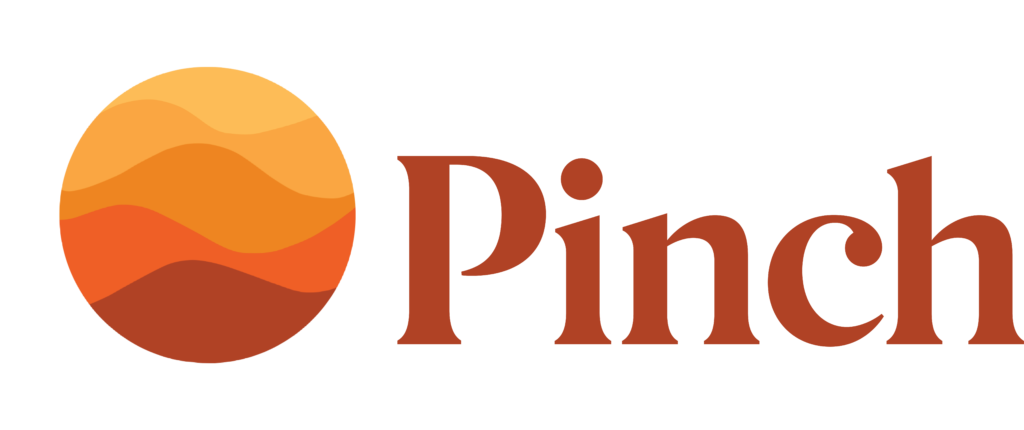Our smartphones have become constant companions in our digital age, always within arm’s reach and often indispensable. It’s a fact – we rely on them heavily. How often do you find yourself using your phone throughout the day? How many swipes, app launches, social media checks, messages sent, or just general phone handling moments fill your daily routine?
In this technology-dominated world, we’re so entwined with our devices that disconnecting seems almost impossible. Whether it’s hours spent in front of a computer for work, incessantly checking our phones, surfing the web, or watching TV, digital distractions are omnipresent.
Perhaps you’ve tried going phone-free or temporarily deactivated your Facebook account in pursuit of a digital detox. It can feel liberating for a while, but the allure of the digital world often draws us back in.
Soon enough, we’re yearning to know what we might be missing, trapped in a cycle that resembles addiction. This craving manifests as withdrawal symptoms, propelling us back into the familiar digital embrace where we feel safe and soothed.
For many, phones offer comfort – our social lives are deeply entwined with social media and instant messaging, and without them, we can feel isolated and lonely.
So, the question arises: Are we using technology, or is technology using us?
Mindfulness, a core principle advocated by happiness gurus, emphasises the importance of being connected with ourselves and the world around us. Yet, our constant tether to technology often keeps us from practising this essential habit.
When we disconnect from the digital world, our ability to concentrate experiences a remarkable surge, resulting in heightened productivity. The advantages of this disconnection ripple through various aspects of our lives, from work and social connections to pursuing personal goals and dreams. Increased productivity leads to a greater sense of fulfilment, contentment, and happiness, making life more meaningful and less superficial.
How To Disconnect From The World & Connect With Yourself
If you find the urge to detach from technology growing stronger, there are concrete steps you can take to regain control and ease into a state of disconnection.
- Create A Tech-Free Zone
Consider relocating your laptop to a separate room and place your phone charger there as well to prevent charging it near your usual spaces. When you designate a specific area for your devices, it means you’ll have to physically go there to use them, introducing inconveniences that can help reduce the urge to check them incessantly.
- Remove Your Phone As Your Sleep Companion
The quality of our sleep is significantly compromised by the emission of blue light when we use phones or tablets in the dark. This light interferes with our ability to unwind and fall asleep peacefully. To counter this, consider placing your device on the opposite side of the room, preventing you from checking it before bedtime, during the night, or as soon as you wake up. By distancing yourself from technology, you can enhance the quality of your sleep and, in turn, contribute to better overall health and well-being.
- Designate A Time-Out To Go Off The Grid
In our daily lives, staying accessible for communication is essential. However, it is advisable that for one evening each week, we disconnect from technology. This means powering down your phone, computer, and tablet and informing others that you won’t be reachable through digital means unless it’s an urgent situation. Instead of checking social media or messages, consider engaging in activities like reading a captivating book, experimenting in the kitchen, or enjoying a leisurely walk.
- Engage In Mindfulness
You’ve likely come across the concept of mindfulness frequently, and it’s genuinely crucial for staying grounded in the present moment. Start by dedicating just 10 minutes a day to meditation and gradually extend the duration. This way, you won’t be reaching for your phone as soon as you wake up. If you incorporate this practice into your morning routine, you’ll prime your mind for a positive day ahead, and with time, you’ll begin to reap its long-term benefits.
- Log Out
If completely deactivating your social media account feels like a big step, try logging out each time you use it. It’s remarkably simple to tap on the app and find yourself instantly immersed in your feed. However, if you have to manually enter your username and password every time, not only will it make you more conscious of your actions, but you’ll also begin to perceive it as an inconvenience.
- Disable Notifications
The allure of checking our phones whenever a notification pops up is strong. To combat this habit, consider turning off notifications and setting aside specific times to review important updates. By doing so, you’ll significantly reduce the instances of checking things that are likely not even crucial.
- Track Your Screen Time
Social media platforms like Twitter, Facebook, Instagram, and LinkedIn are freely accessible, but the real cost lies in the time they consume.
Every one of us has the same 24 hours in a day, yet our productivity and performance vary greatly. To prevent mindlessly scrolling on these platforms, it’s essential to monitor your screen time. Armed with this data, you can make the needed adjustments and allocate specific periods for checking social media and handling emails. If you find your schedule particularly hectic, it might be worthwhile to delegate these tasks to a capable team.
In Conclusion
Taking regular breaks from the digital world is beneficial not only for productivity but also for our mental well-being. The constant use of technology can potentially lead to addiction, so it’s crucial to be mindful of our usage patterns.
Introduce small strategies to gradually filter out excessive technology dependence. Make these strategies habitual and start crafting a happier and more balanced life.
References:
- https://www.blackwoodvillagehealth.com.au/6-ways-to-disconnect-from-a-connected-world/
- https://blog.metagenics.com/post/2018/03/08/6-ways-to-disconnect-from-a-connected-world/
- https://www.lifehack.org/578171/how-disconnect-from-the-digital-world

